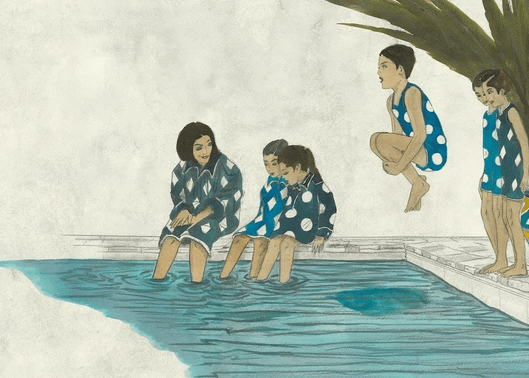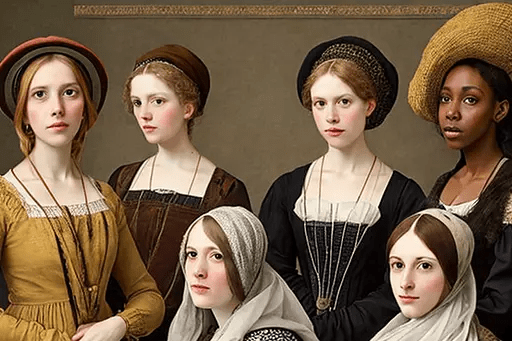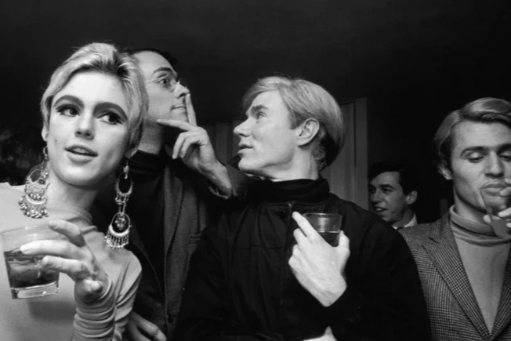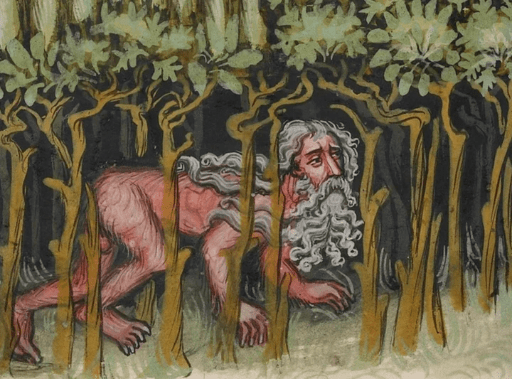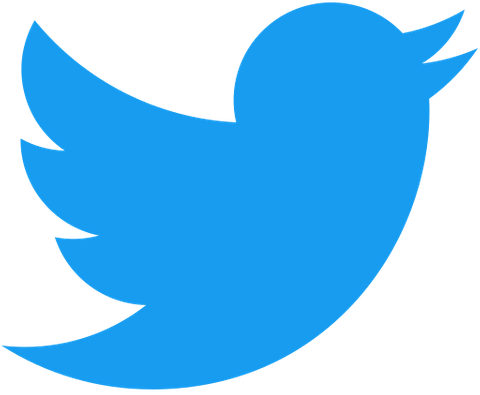

Department of
Psychology
UCLA
UCLA
SOCIAL
MINDS
LAB
What We Do
We're a social psychology lab. Our research draws on interdisciplinary theoretical perspectives—from social psychology, cognitive science, + evolutionary anthropology, animal behavior, relationship science—to investigate how people's social minds both create + navigate our social worlds.
Current Research Projects

Friendship
Friends let us live longer, happier, healthier, and more fulfilled lives. But, today, we still don't really understand how friendships work.
Our research aims to map the computational design of friendship psychology. Briefly, to have friends—and reap the associated benefits—people must solve an array of challenges (e.g., finding, making, competing for, keeping good, jettisoning poor friends). Our work (1) systematically identifies these friendship challenges and (2) tests predictions about how people solve them.
Our lab is also engaged in large-scale cross-cultural work to describe what friendship looks like across sex/gender, age, + other demographic + ecological features.

Women's social relationships
The mind contains a rich psychology replete with mechanisms responsive to recurrent challenges, some of which can diverge by sex/gender. Insofar as women confront sometimes distinct social terrain, women might also possess some distinct cognitive + behavioral repertoires for navigating it.
Our lab takes advantage of multidisciplinary means to describe those sometimes-distinct challenges that women face—particularly in social relationships with other women—to derive related predictions about how women navigate those challenges.

Reputation, information, + communication: Tactics for navigating interconnected social worlds
Social minds are sensitive to how other people see us. This sensitivity can influence the social information we seek (or share), the connections with make, + how we navigate our social relationships.
Our lab explores people's strategic navigation of their social worlds by investigating phenomena such as reputation, information-sharing, competition/aggression, + the subtle ways that people—and particularly people with 'lower power'—can act to ensure better treatment.
A new line of work here, led by David Pinsof, explores a novel theory of humor as a coordination device. We attempt to answers long-lived questions, such as: What do we find certain things funny? What does humor do?

Stereotyping + prejudice
Stereotyping, prejudice, + discrimination are at once the products of our social minds as well as hurdles in our social landscapes.
Our lab uncovers these phenomena. Much of our work here empirically describes people's stereotypes while at once assessing ground truth.
